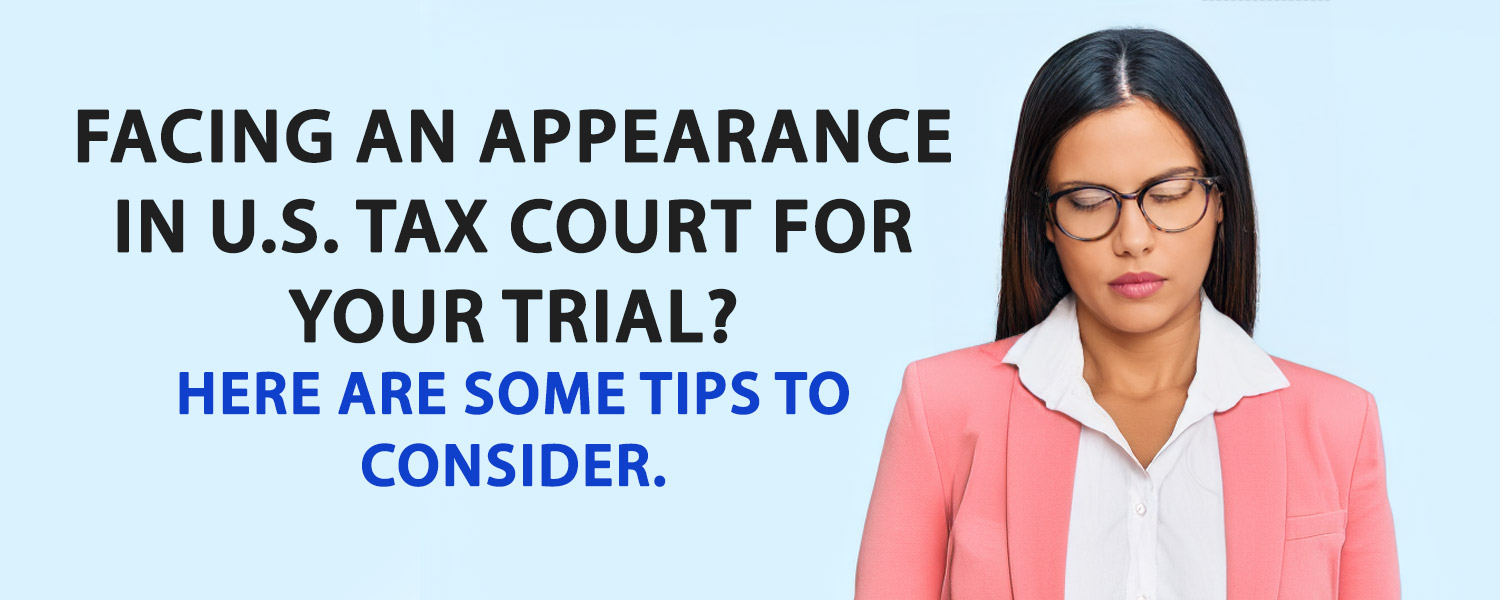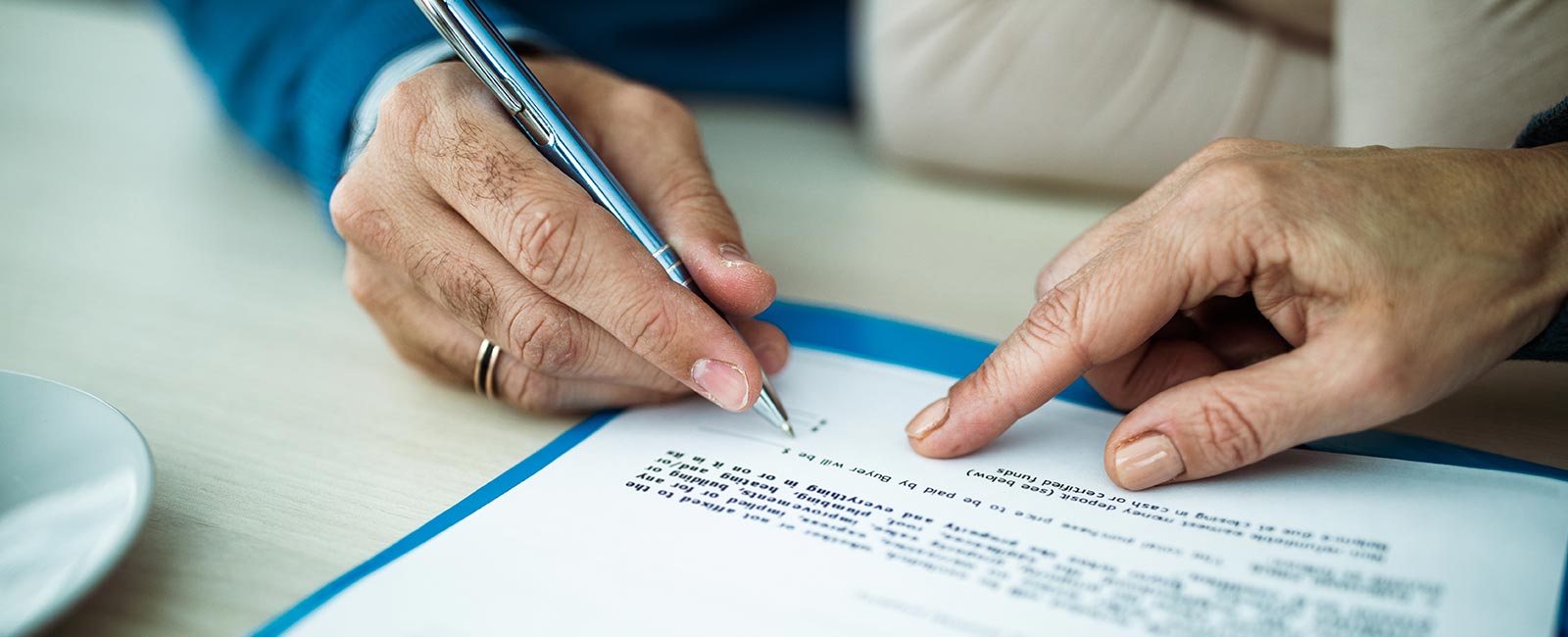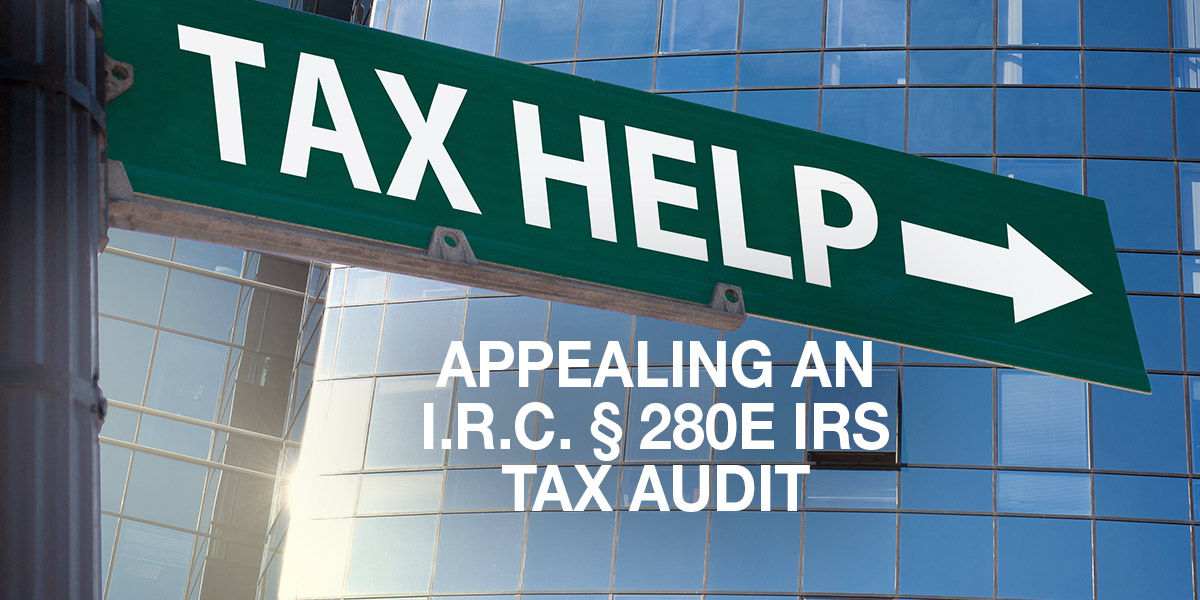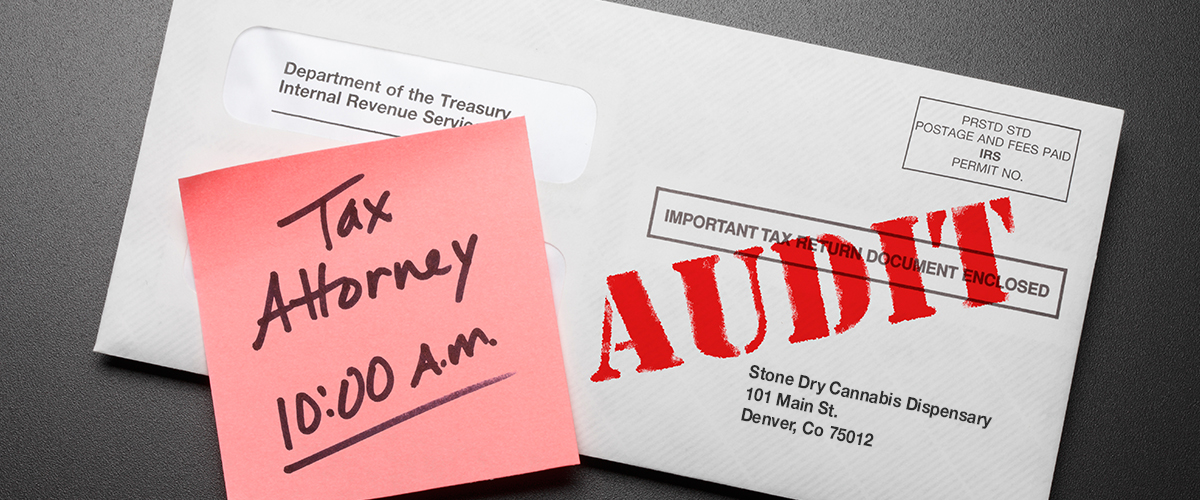Facing An Appearance In U.S. Tax Court For Your Trial? Here Are Some Tips To Consider.
Facing An Appearance In U.S. Tax Court For Your Trial? Here Are Some Tips To Consider.
The U.S. Tax Court allows individual taxpayers to represent themselves without an attorney. But don’t think that because you did not hire an experienced tax trial attorney that the Tax Court judge will give you much leeway. Although you have the facts down cold and may have met with an auditor, the auditor’s manager, the appeals officer, and the IRS trial lawyer, the actual trial of your case in U.S. Tax Court is a whole new ball game. Keep in mind that the judge knows very little about your case and will have no patience nor is the judge able to educate you on how to present your case.
Actions that must happen in the weeks leading up to trial
The U.S. Tax Court will issue a Standing Pretrial Order in a regular case or a Standing Pretrial Order For Small Tax Cases. Read this order or notice from the Tax Court carefully and keep a copy. The Standing Pretrial Order or Notice has very specific instructions about getting ready for trial. One of the provisions of the Standing Pretrial Order (sent to petitioners in regular cases) is that you must file a pretrial memorandum. The Standing Pretrial Notice (sent to petitioners in S cases) states that you should submit a pretrial memorandum. The Tax Court encourages all parties to submit a pretrial memorandum. You should look at the Standing Pretrial Order or Notice and the form attached, which shows what a pretrial memorandum looks like. The pretrial memorandum can be very helpful in organizing and preparing your case. The pretrial memorandum may also help the judge to understand your position. Send your pretrial memorandum to the Tax Court, and send a copy to the IRS attorney. The Standing Pretrial Notice also tells you what you need to do to settle your case and how to stipulate facts if you do not settle.
During this period of time you should provide to the IRS copies of documents that you intend to use at trial, agree in writing to facts and documents that are not in dispute and consider whether you need any witnesses to support your case.
Things to expect during the trial
Before you come to Tax Court for the trial you will want to –
- Think about what facts you want to tell the judge.
- Organize any documents you have to support your case. If the IRS will not agree (stipulate) to your documents, bring three copies of each document to court.
- Organize your facts and arguments so you can present your case clearly.
Come to court early so you will be ready when your case is called at the calendar call which starts at 10:00 a.m. You may receive a notice from the Tax Court recommending that you arrive at the Court by 9:00 a.m. to have the opportunity to meet with clinical and calendar call attorneys.
Actions that must happen after trial
After the trial is concluded, the judge usually will direct the parties to file briefs with the Court under the format of seriatim briefs (one after another) or simultaneous briefs.
If seriatim (non-simultaneous) briefs are ordered, you as the petitioner must file your “Opening Brief” first which is due 75 days after the trial has concluded. The IRS thereafter responds to your Opening Brief with an “Answering Brief” which must it must file 45 days thereafter. You can then respond to the Answering Brief with a “Reply Brief.”
If simultaneous briefs are ordered, the you and the IRS will have a deadline set by the judge to submit each of your Opening Briefs and then each side will have the opportunity to file their Answering Brief by the deadline set by the judge.
These briefs are extremely important in assisting the judge to resolve your tax case and after the briefing process is complete, the ball is now with the Court to decide your case. The failure to file a brief in following specific Tax Court Rules can result in the dismissal of all issues on which you have the burden of proof (which unless the IRS is alleging fraud, will be all issues).
Are you facing an imminent trial in U.S. Tax Court?
While there is no rule forcing the IRS counsel to settle cases and the burden of proof is always on the taxpayer (unless the IRS alleges fraud), there may still be an opportunity to settle the case, limit the disputed issues or get a continuance that an experienced tax trial attorney can get for you. But if this is something you are looking to do, you need to act quickly as the Tax Court values its trial time as a precious commodity and the last thing you want to do is to disrupt a judge’s schedule and tie up court resources.
What Should You Do?
Succeeding in a Tax Court case is all about organization and early preparation. Even if you believe that you are prepared to litigate your case before the Tax Court, litigating a tax controversy before the Tax Court is no simple task. You are facing an IRS trial attorney that does this every day before a judge who will provide you no leeway in adhering to court procedure just because you are not an experienced tax attorney. Consider contacting an experienced tax attorney who can argue the application of your facts and circumstances and seek the best possible resolution for your trial. The tax attorneys at the Law Offices Of Jeffrey B. Kahn, P.C. located in Orange County (Irvine), Los Angeles and elsewhere in California are highly skilled in handling tax matters and can effectively represent at all levels with the IRS and State Tax Agencies including criminal tax investigations and attempted prosecutions, undisclosed foreign bank accounts and other foreign assets, and unreported foreign income. Also, if you are involved in cannabis, check out what a cannabis tax attorney can do for you. And if you are involved in cryptocurrency, check out what a bitcoin tax attorney can do for you.





 Follow
Follow Follow
Follow